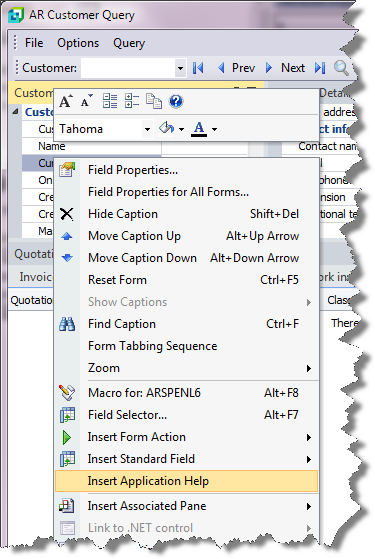You use this program to capture serial numbers for existing stock items, as well as to create sales transactions for serial numbers that have already been sold.
| Field | Description | ||||
|---|---|---|---|---|---|
| Stock code | Indicate the serialized item for which you want to
capture serial numbers or create sales transactions. The stock code entered must be defined as a either a batch or manual serialized item and cannot be a Notional part (Stock Codes). |
||||
| Warehouse |
Indicate the warehouse in which the serialized item is stored.
|
||||
| Field | Description |
|---|---|
| Stock Code | This indicates the stock code for which you are adding serial numbers. |
| Description | This indicates the stock code description. |
| Warehouse | This indicates the warehouse in which the stock code resides. |
| Description | This indicates the description of the warehouse. |
| Serial method | This indicates the serial tracking method defined against the stock code (Stock Codes). |
| Serial number | Enter the serial number you want to assign to a specified quantity of the stock item. |
| Description | This defaults to the description held against the stock item but you can enter your own description for the serial number here. |
| Revision | This indicates the current revision of the stock item. This only applies if the item is defined as ECC controlled (Stock Codes). |
| Release | This indicates the current release of the stock item. This only applies if the item is defined as ECC controlled (Stock Codes). |
| Location | This indicates where the serialized item is stored. |
| Expiry date | This indicates the date on which the serial number expires. |
| Scrap date |
This indicates the date on which the serial number must be scrapped. When a serial is sold or issued, any expiry and/or scrap dates entered against the serial number are checked. You cannot allocate the serial number if it has expired or been scrapped. |
| Quantity on hand |
This indicates the quantity of items on hand for the serial number. For manual serial numbers this quantity must be 1 or 0. If you enter a value greater than zero here, then you can optionally create sales transactions for the serial number. |
| Customer |
This indicates the customer who purchased stock items associated with the selected serial number. You can only access the Customer field if you are capturing a manual serial number and quantity of zero is entered at the Qty on hand field. |
| Customer name | This indicates the customer's name. |
| Notation | Enter a journal notation for the transaction which can be printed on the Serial Tracking Report report. |
You can optionally create sales transactions for serial numbers if you use the Serial Number Take-on program and enter an On hand quantity that is greater than 0.
| Field | Description |
|---|---|
| Save | Select this icon to save the transaction details you entered. |
| Customer | This indicates the customer who purchased the serial item and against whom you are creating the sales transaction. |
| Name |
This indicates the name of the customer who purchased the serialized item. You can only access this field if the customer specified is not held on file. |
| Sales date | This indicates the date on which the transaction took place. |
| Quantity | This indicates the quantity of serialized items that were sold to the customer. This cannot exceed the quantity available. |
| Invoice | This indicates the invoice number that you issued to the customer for this sales transaction. |
| Amount | This indicates the value of the sales transaction processed. |
Inserting Application Help
You would typically follow this procedure to display help for the current program in a customized pane that can be pinned to the program window.
Information includes step-by-step instructions for the various functions available within the program, including a brief overview of what the program does, what setup options are required and how to personalize the program.
-
Open the program for which you want to insert application help into a customized pane.
This functionality is only available for a program that has panes.
-
Right-click any form field.
You can also click the triangle menu icon that appears in the title area of a pane.
-
Select Insert Application Help from the context-sensitive menu.
The application help appears in a pane within your program. You can reposition the pane using the docking stickers or pin it to the program window.
Removing the Application Help pane
If you no longer want to display application help in a pane for your current program, you can simply remove it.
-
Select the Close icon in the right-hand corner of the application help pane.
-
Confirm that you want to delete the pane.
![[Note]](images/note.png)

